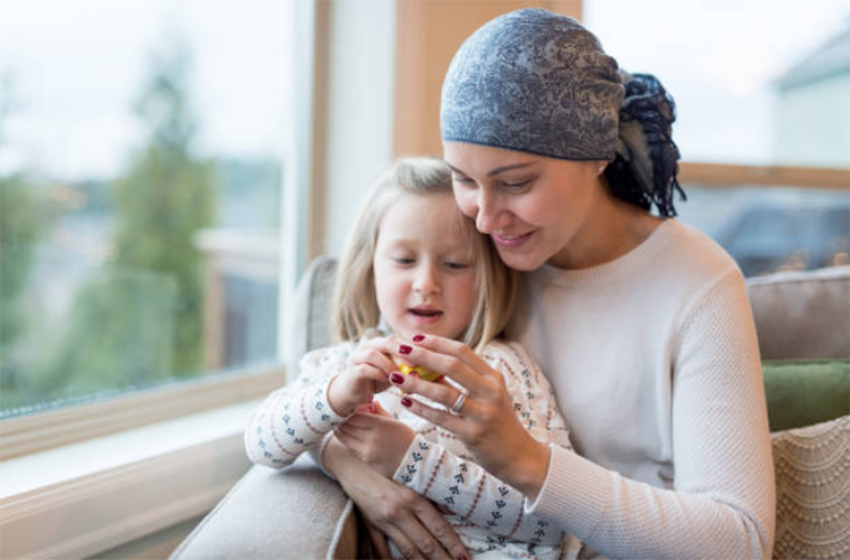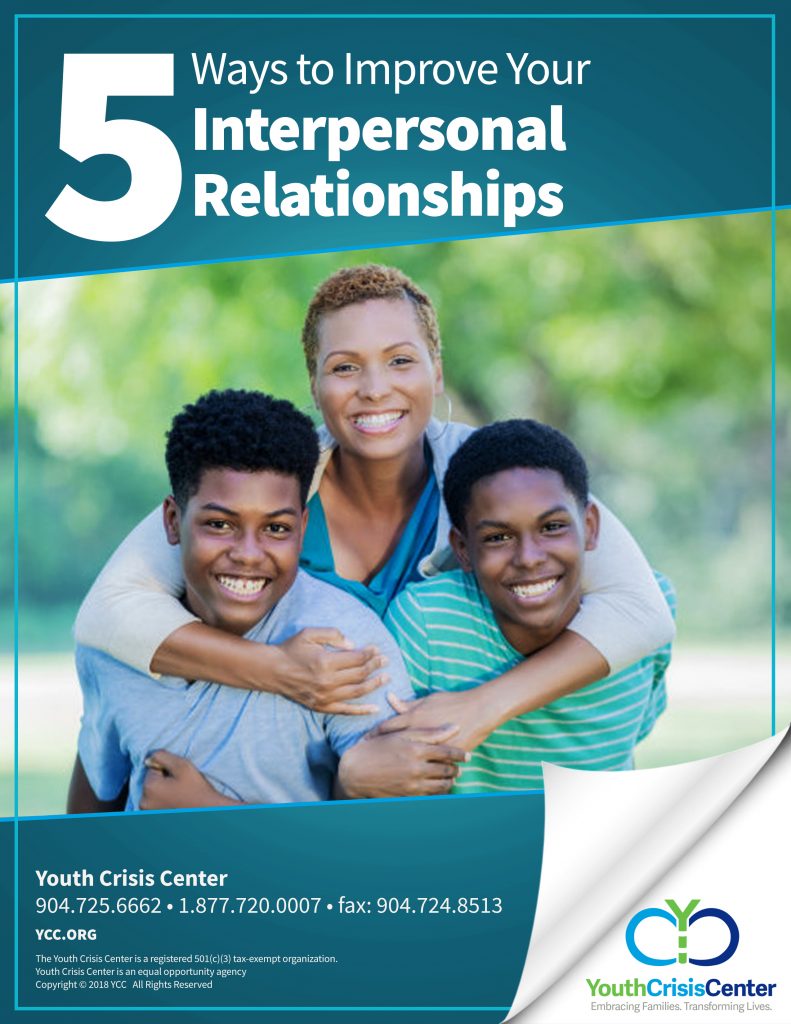Cancer is a very scary word, and when one person in the family has been diagnosed, it can feel like the entire family is facing the disease. When Robert* was first diagnosed in February 2009 with bone marrow cancer, his whole life came to a standstill. “I went from working 40+ hours each week and participating in extracurricular activities in my free time to not working at all and being bed-bound due to the horrific side effects from my treatments,” recalls Robert. “I had planned out my whole life, down to my retirement, but never thought to include a diagnosis and plan for cancer.”
Following any diagnosis, the next few months can be a whirlwind of medical treatments, hospitalizations, tests and side effects, which are often followed by feelings of depression, anger, anxiety and fear. “Those emotional responses to life-altering medical diagnoses are normal,” explains Youth Crisis Center’s Director of Program Services, Cecelia Stalnaker-Cauwenberghs, LMHC. “It’s important to develop a support system, not just for the patient, but for the entire family.”
For those facing a life-threatening illness, The American Cancer Society finds some of the most common emotional and physiological issues for their family members are:
- Family and social isolation and/or conflict
- Concern about the quality of life
- Problems adjusting to illness or changes in care
- Making decisions for future medical care (advance directives)
- Grief
Robert says it was hard for him to reach out to family and friends because he was exhausted from his illness and the treatments. He didn’t have the energy and didn’t want them to see him looking physically ill. That can be very challenging for family and friends who want to help, but don’t know what to do when the person who is ill is pushing them away. “It’s beneficial for family members to be in therapy so they can also express their emotions/feelings and can work through them to find the best adjustments in the new situation,” advises Stalnaker-Cauwenberghs, LMHC. “It’s not a one-size-fits-all approach when you are going through something so personal. Everyone will react differently, but at the end of the day, we need to get everyone through this difficult time in as healthy a way as possible.”
A therapist can offer families the opportunity to share their feelings of loss, grief, sadness or fear in a safe and supportive environment. They can also provide referrals to resources in the community that assist with finances, transportation and caregiver respite. YCC identifies three top tips for emotional and mental stability when facing illness as a family:
- Have the family participate in family counseling to help process the diagnosis. Work with a professional to develop an individualized plan for family needs.
- Build a schedule and rotate caregiving shifts to help prevent burnout and minimize stress.
- Don’t isolate yourself – this goes for the patient and the family members.
Robert says turning to friends and family for support did help him through this tough time. He also re-focused his fears to more productive avenues, like learning how to eat healthier and educating himself on what he could do to be an active participant in his healing and recovery process. He says he found a new respect for life’s preciousness and suggests considering the financial implications of these types of unexpected life experiences when making long term plans for yourself and your family.
*Name has been changed to protect privacy.
Are you concerned about relationship issues with your child or between family members? The Youth Crisis Center’s Outpatient Behavioral Health program provides comprehensive mental health and psychiatric care to children as young as 3, as well as their families. Parents may receive individual and family counseling services regardless if their child is a YCC client. Click to learn more about 5 Ways to Improve Your Interpersonal Relationships.



I am actually glad to glance at this web site posts which carries tons of helpful facts, thanks
for providing such information.
Great post! Accepting the fact that a family member has this condition is truly difficult. Building a solid relationship during this times is a must needed. 🙂
I’m impressed, I have to admit. Seldom do I encounter a blog that’s
both equally educative and amusing, and without a doubt,
you’ve hit the nail on the head. The issue is something that too few men and women are speaking intelligently about.
I’m very happy that I stumbled across this in my hunt for something relating to this.